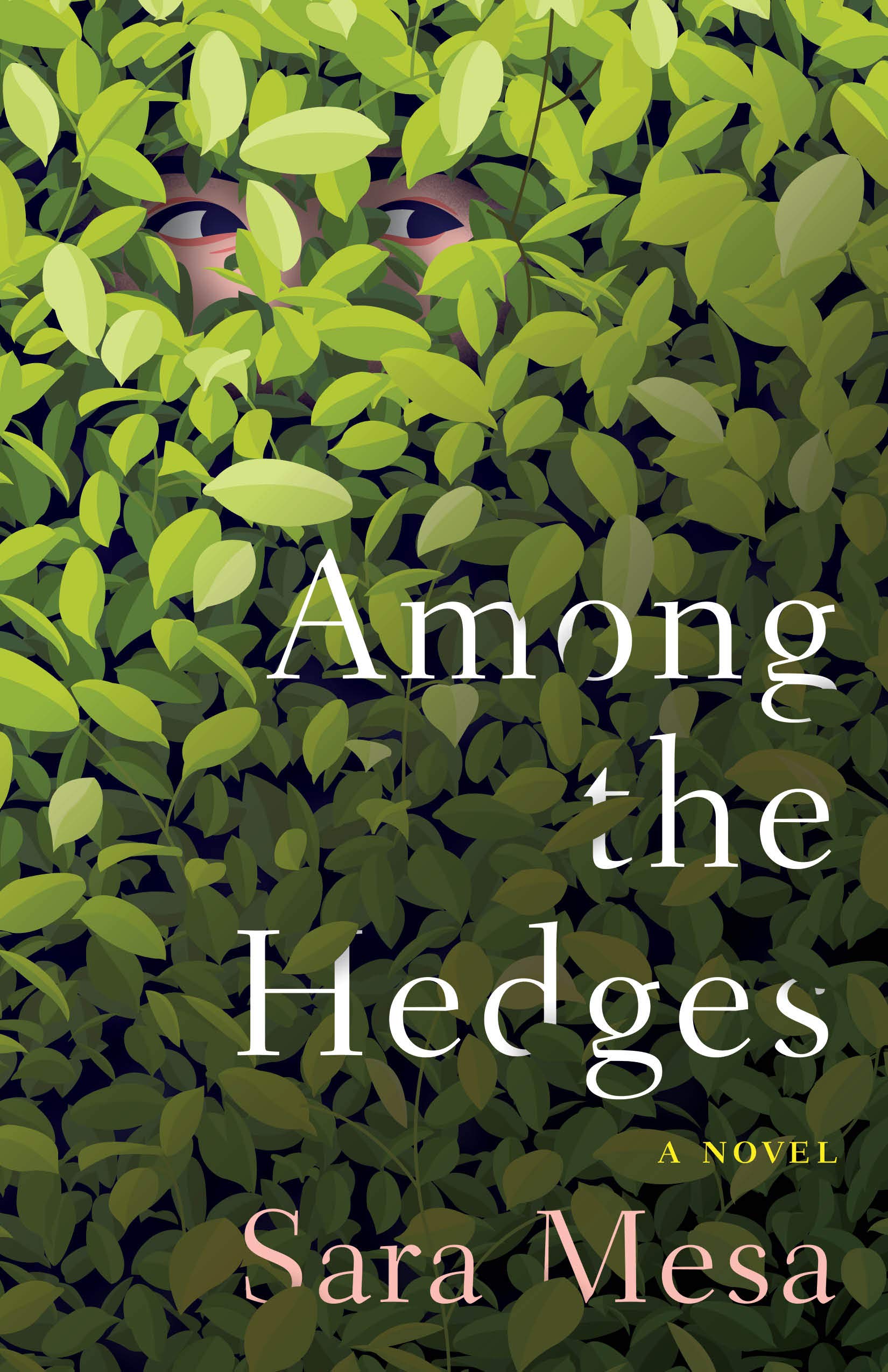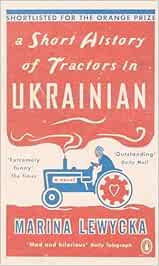2.5 Stars
This was the book read for our latest book club meeting. It was not one of our top choices and it is certainly not something I’d recommend to other readers or book clubs.
Allison Carpenter survives a plane crash in the Colorado Rockies. The plane was piloted by Ben Gardner, her fiancé, but he dies in the accident. Instead of waiting for rescue, Allison decides she must run because she is certain someone nefarious will be looking for her. By the time authorities find the wreckage, fire has consumed it. Though only the pilot’s body is found, authorities are convinced that Allison died. In Owl’s Creek, Maine, Maggie is devastated by the news of her daughter’s death. They had been estranged for the last two years and Maggie didn’t even know about Allison’s engagement to a wealthy pharmaceutical executive. She has difficulty accepting her daughter’s death and begins researching her daughter’s life to learn as much as she can about her past two years.
The novel is a quick read. Short chapters alternate between Maggie and Allison. The reader follows Allison’s struggle to survive during which she flashes back to her life over the last two years. Conveniently, these flashbacks are in chronological order! Maggie’s chapters show her actions after learning about her daughter’s fate; she too has flashbacks, mostly focused on the reasons for the estrangement.
There are also a few brief sections from the point of view of the man who is pursuing Allison. Though he is known only as The Man, he has almost superhuman abilities. He knows exactly where to find the plane wreckage before authorities locate it and has no difficulty following Allison. He even knows when someone assists her.
And The Man’s behaviour is not the only thing that is unbelievable. Allison’s survival is almost miraculous. For example, she is supposedly injured quite badly with a gash on her left leg that goes “down to the bone,” yet she runs all night before applying rubbing alcohol to it? Then there are the other illogical actions. If you want to talk to someone, is the most logical option to simply hang around that person’s former workplace? A person is killed in a motel room where the body would easily be found and there are no consequences? The plot is shallow and full of predictable twists. For instance, the first page includes such a description that gives such an obvious clue that the appearance of a person towards the end is not in the least unexpected.
Allison’s predicament didn’t arouse my sympathy. She just strikes me as vain and shallow. She falls in love with Ben because he is handsome and rich. Despite what her mother thinks, Allison seems to have few principles; those she has, she dispenses with to become Ben’s arm candy. She lets herself be manipulated in such obvious ways. I understand that the journey she undertakes is also a journey to find herself once again, but we are supposed to believe she lost herself so quickly? Does she really believe she might be able to land a plane because she has seen Ben do it so often?!
There are elements that particularly irritated me. Why, for instance, is everyone’s perfume or cologne described: “There was a smell coming off him, something musky and citrusy” and “I could smell hair spray mixed with perfume. Shalimar” and “the faint traces of her perfume, bergamot and vanilla” and “that aftershave of his, a spicy musk undercut with the sharpness of citrus”? What’s with the repetition that older people don’t understand technology: “Most of my friends didn’t understand how the internet worked and only the most savvy had Facebook accounts”? I dislike when novels rely on portraying police or other authorities as incompetent. When Maggie is told that the coroner has declared Allison dead, she thinks, “It felt negligent to me, and reckless. How could they declare my daughter dead without a single scrap of evidence?” Exactly! This would not happen. And the author doesn't know that DNA analysis is used to identify bodies?
The novel does have some depth in its exploration of a mother-daughter relationship and society’s expectations of females, but this is not sufficient to raise the quality of the novel for me. There are just too many plot holes and too little verisimilitude.








